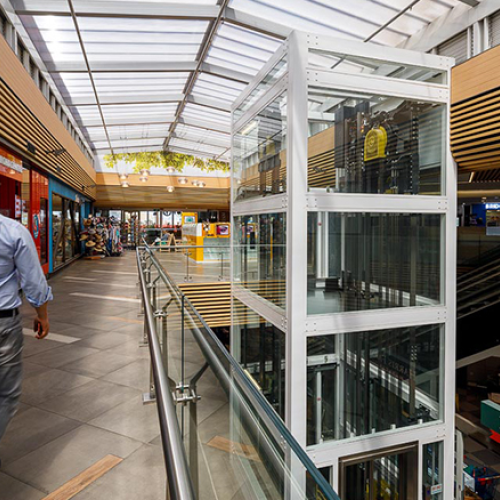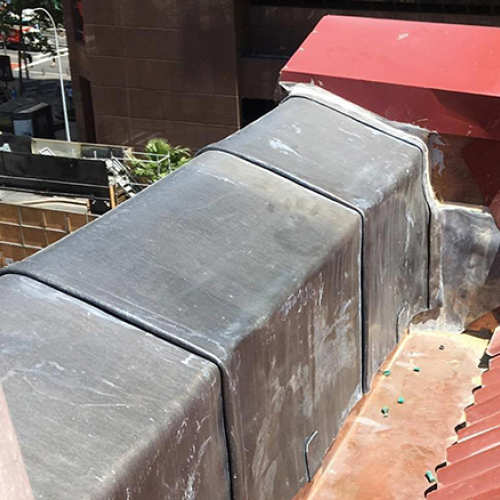1. Sustainable Site Assessment
Before embarking on any remediation project, conducting a comprehensive site assessment is paramount. This assessment should include analysing the site’s current environmental conditions, contamination levels, and potential risks. Utilising the services of reputable environmental consultants, like CD Construction, can help you navigate this phase efficiently.
2. Proper Planning and Design
Efficient planning and design are the cornerstones of an environmentally-friendly remediation project. Remedial builders should aim to minimise excavation and disturbance of natural habitats. Instead, they should focus on innovative technologies that can treat contaminants in situ or with minimal disruption.
3. Material Management
Managing materials effectively during remediation is vital. Utilising sustainable practices like recycling, reusing, or repurposing materials can significantly reduce a project’s environmental footprint. CD Construction, for example, excels in responsible material management, ensuring that waste is minimised.
4. Energy Efficiency
Reducing energy consumption is another critical aspect of minimising environmental impact. Remedial builders should consider energy-efficient equipment and technologies to power their operations. This helps lower greenhouse gas emissions and saves on operational costs.
5. Native Vegetation Restoration
Incorporating native vegetation into the remediated site is an effective way to restore the ecosystem. Native plants can help stabilise the soil, improve water quality, and provide habitats for local wildlife. Sydney-based remedial builders understand the importance of this and often work closely with environmental experts to select appropriate species.
6. Water Management
Managing water resources responsibly is crucial during remediation. Implementing strategies such as stormwater runoff control, sedimentation basins, and erosion control measures can prevent contaminants from spreading into nearby water bodies. Compliance with Australian water quality regulations is essential.
7. Monitoring and Reporting
Continuous monitoring of the remediation process is vital to ensure it stays on track and minimises environmental impact. Regular reporting to relevant authorities and stakeholders is essential for transparency and accountability.
8. Community Engagement
Engaging with the local community is a critical step in minimising the environmental impact of remediation projects. Remedial Sydney builders in Sydney should inform the community about project progress, potential risks, and mitigation efforts. CD Construction excels in community engagement, building trust and cooperation within the local community.
9. Regulatory Compliance
Adhering to Australian environmental regulations is non-negotiable. Remedial builders in Sydney must stay updated on the latest laws and regulations related to environmental protection. This includes permits, licensing, and compliance with environmental impact assessment requirements.
10. Post-Remediation Monitoring and Maintenance
Even after the remediation project is completed, ongoing maintenance and monitoring are necessary to ensure that the site remains contamination-free and the ecosystem fully recovers. Proper maintenance helps prevent future contamination and minimises the need for additional remediation.
Partnering with CD Construction for a Greener Future
Minimising the environmental impact of remediation is a complex yet essential task, especially in a vibrant city like Sydney. By following the strategies outlined in this article, we can ensure that remediation projects in Sydney restore contaminated sites and protect and preserve our precious environment for future generations. Collaborating with experienced remedial builders, such as CD Construction, who prioritise sustainable practices, can make a significant difference. Join hands with CD Construction today and build a sustainable, eco-friendly tomorrow.





